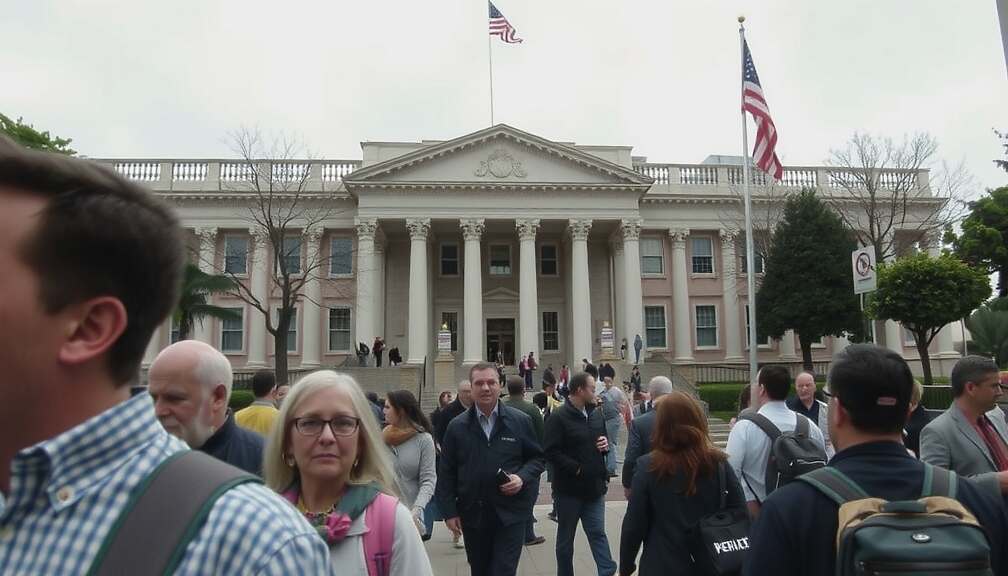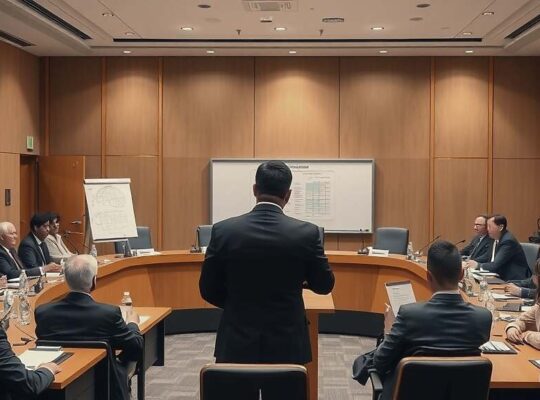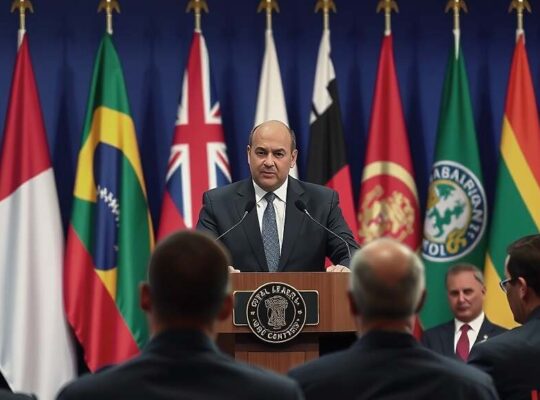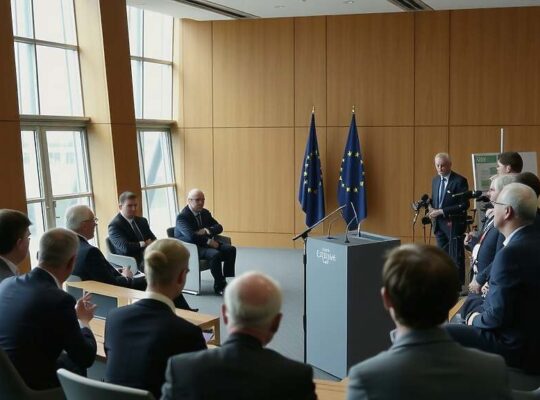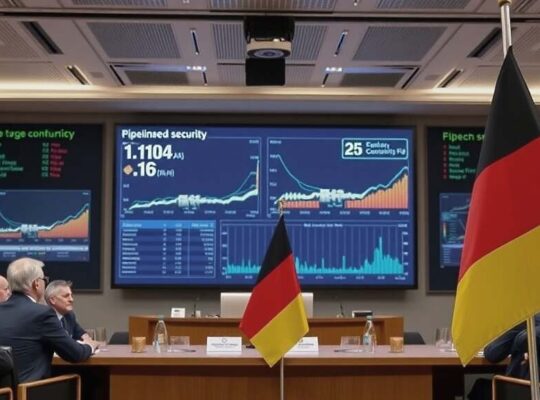A concerning trend has emerged from an analysis of parliamentary records in Germany, revealing the Alternative for Germany (AfD) has submitted over 7,000 inquiries with security-related implications since the beginning of 2020 – surpassing all other political parties. The data, compiled by “Der Spiegel” from over 100,000 documents cataloged by the state parliament in Düsseldorf, highlights a targeted and extensive effort to extract information concerning national security.
The AfD’s inquiries, according to the magazine’s findings, frequently utilize keywords associated with military operations, arms procurement and disaster preparedness. Specific areas of focus include medical support (503 inquiries), public safety (379) and energy supply (321). The volume of these requests was particularly pronounced in the states of Thuringia, Bavaria and Saxony.
While parliamentary inquiries are a vital tool for opposition parties to scrutinize government actions and hold officials accountable, the AfD’s inquiries have drawn increasing criticism. The depth and specificity of certain requests, particularly those pertaining to the routes of military transports destined for Ukraine, have raised serious questions about the party’s motives.
Thuringia’s Interior Minister, Georg Maier of the Social Democratic Party (SPD), recently accused the AfD of potentially exploiting its access to sensitive information to probe critical infrastructure, implying an alignment with Russian interests. The party has vehemently denied these allegations, characterizing them as politically motivated attacks.
The sheer number of requests and the nature of the information sought have ignited a debate within German political circles. Critics argue that the AfD’s aggressive use of parliamentary inquiries constitutes a deliberate strategy to gather intelligence that could compromise national security and potentially undermine the government’s ability to effectively respond to crises. The incident underscores a growing tension between exercising legitimate oversight and exploiting parliamentary processes for potentially destabilizing purposes, prompting calls for a re-evaluation of procedures surrounding access to sensitive government information.


